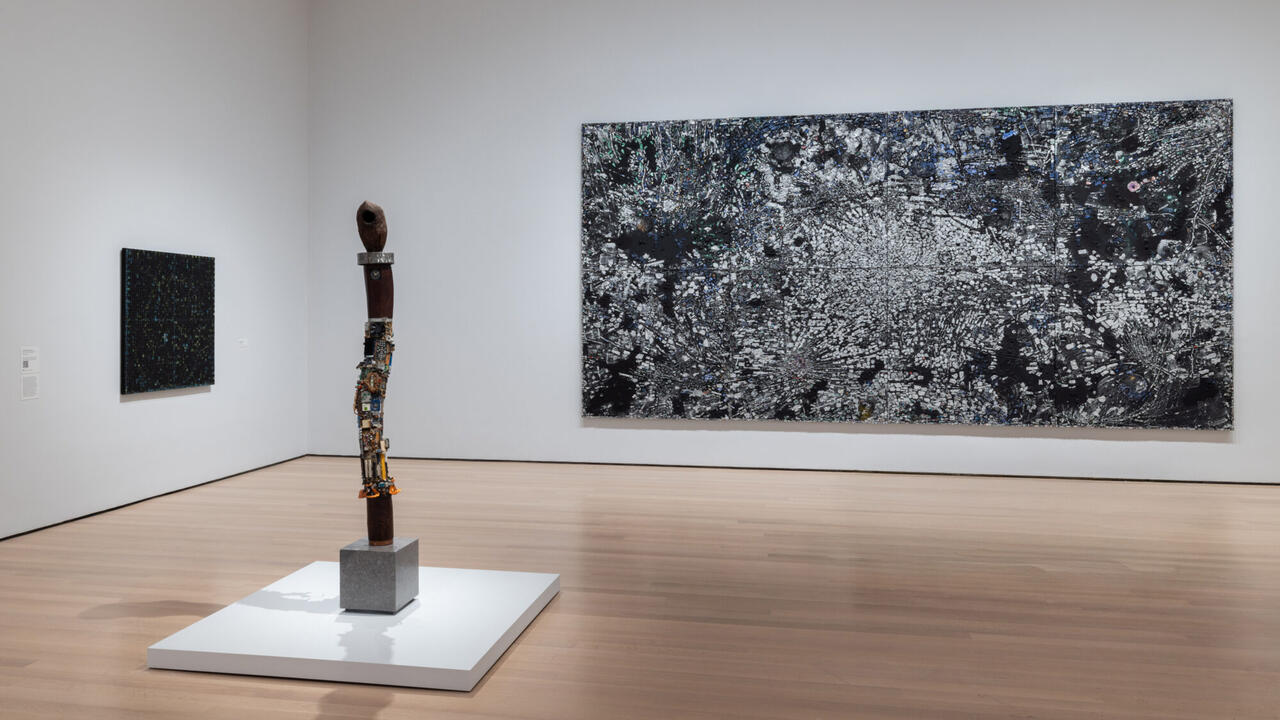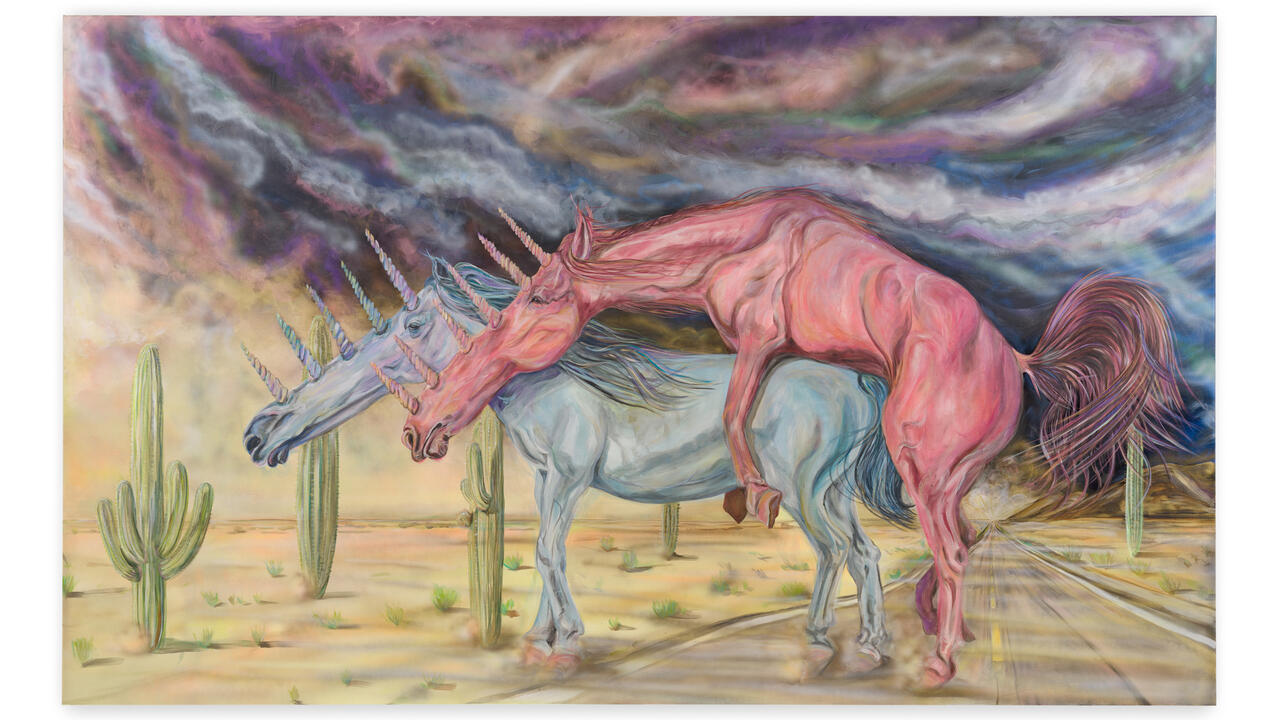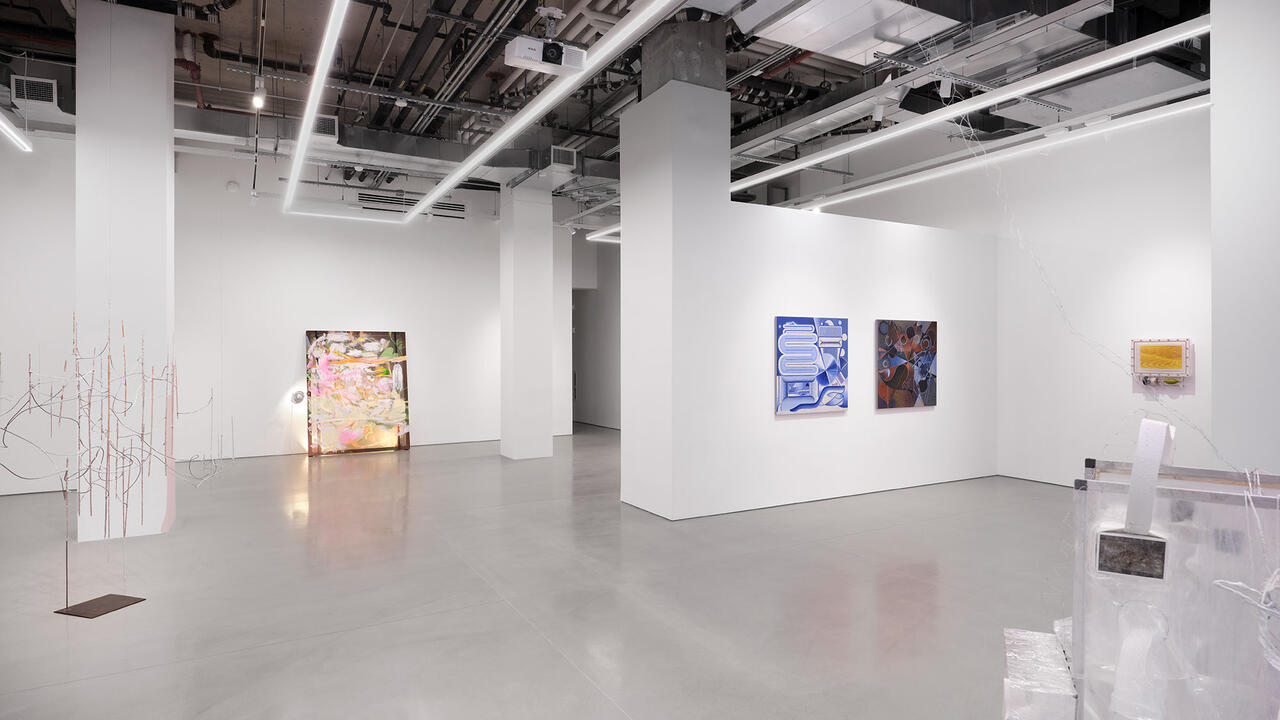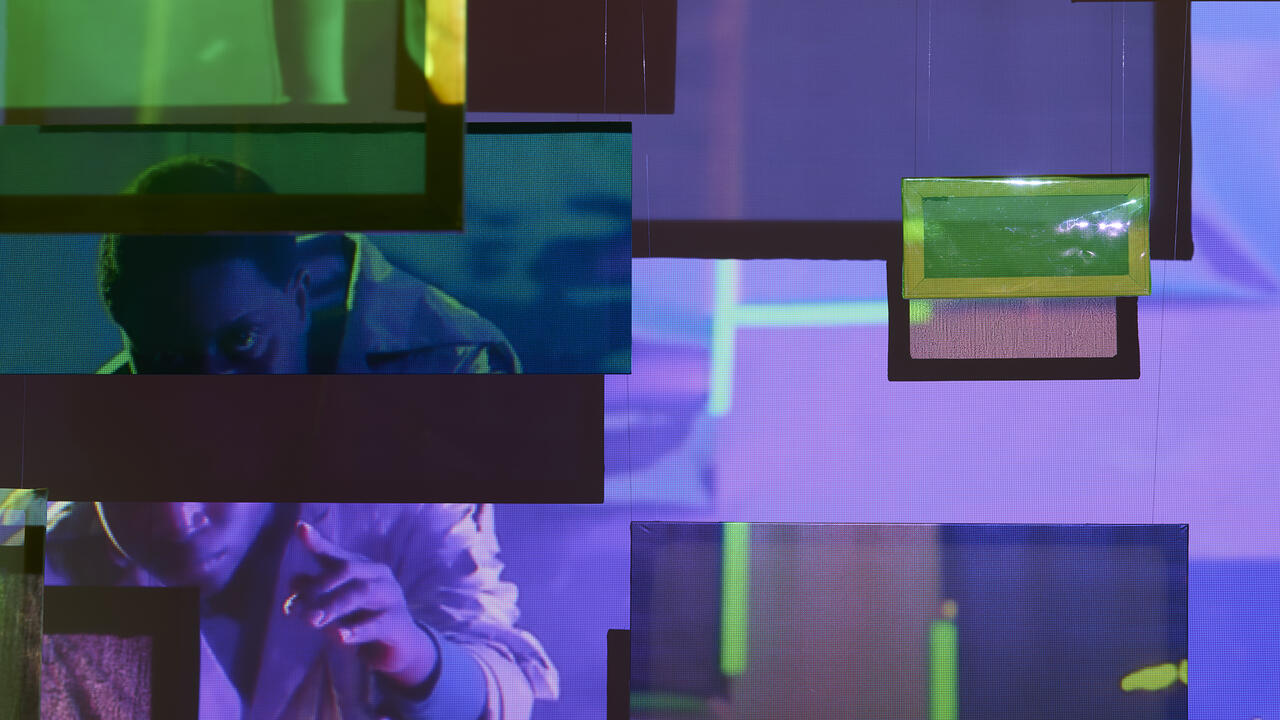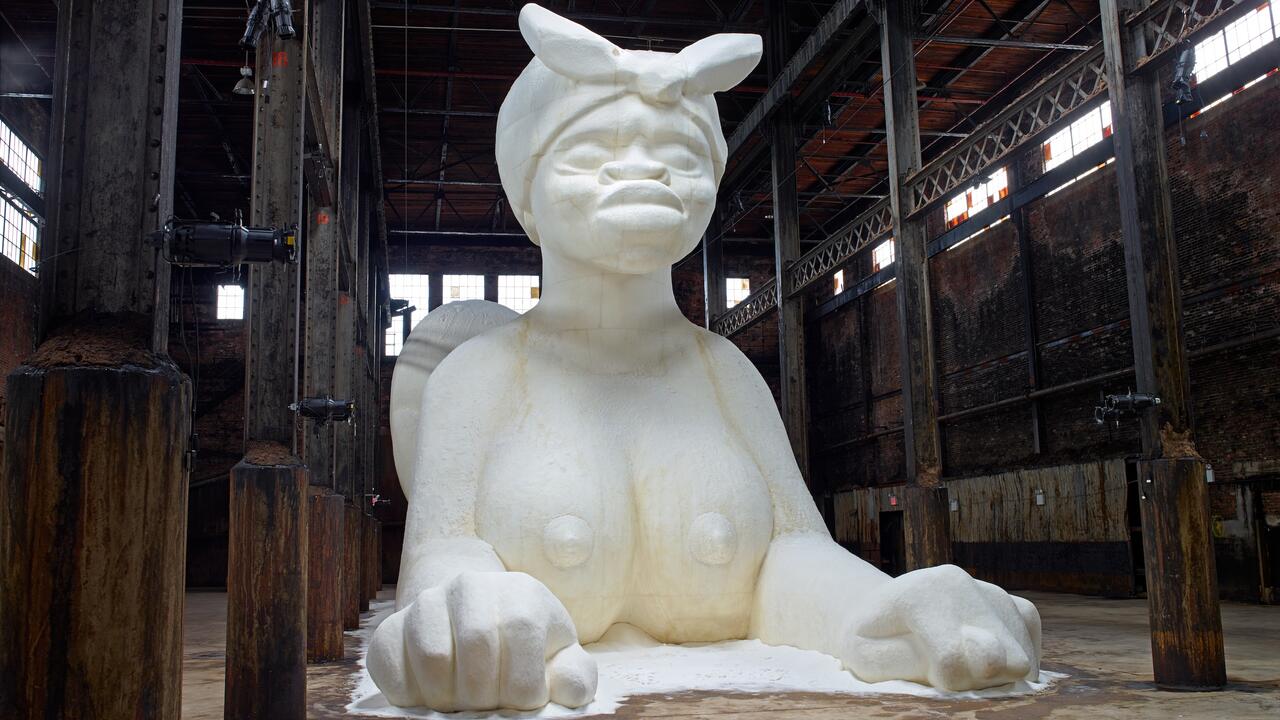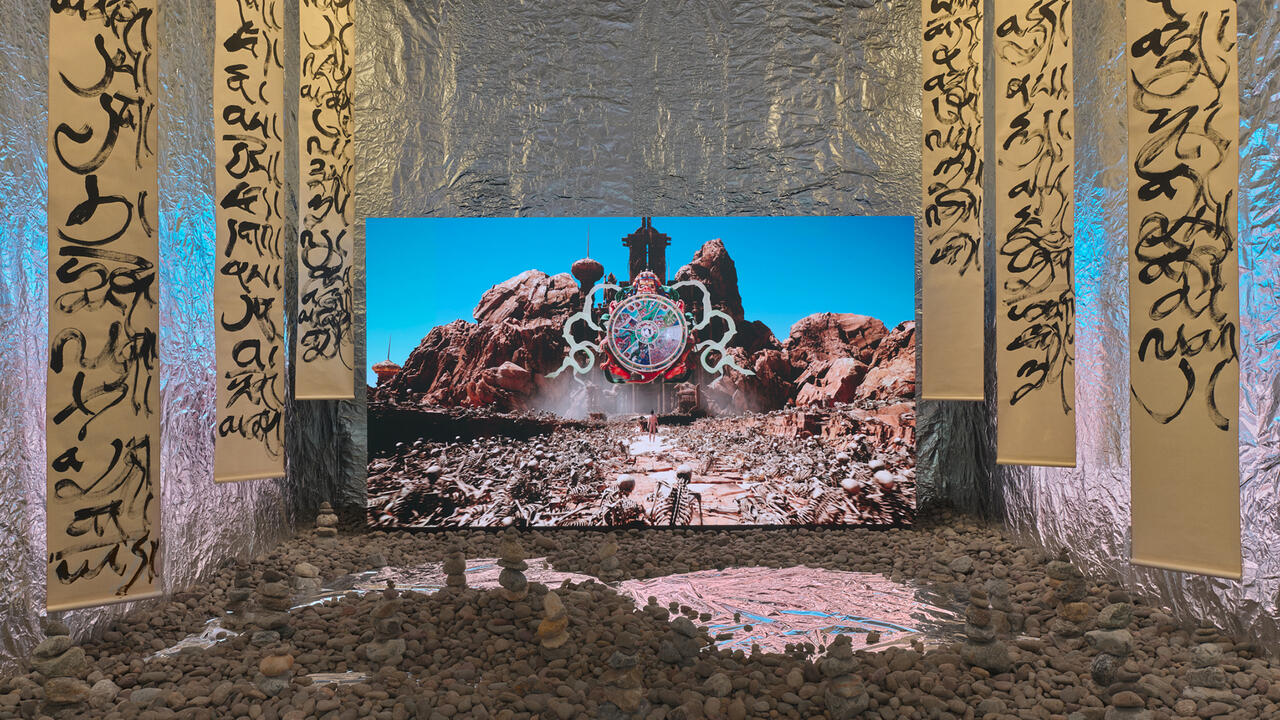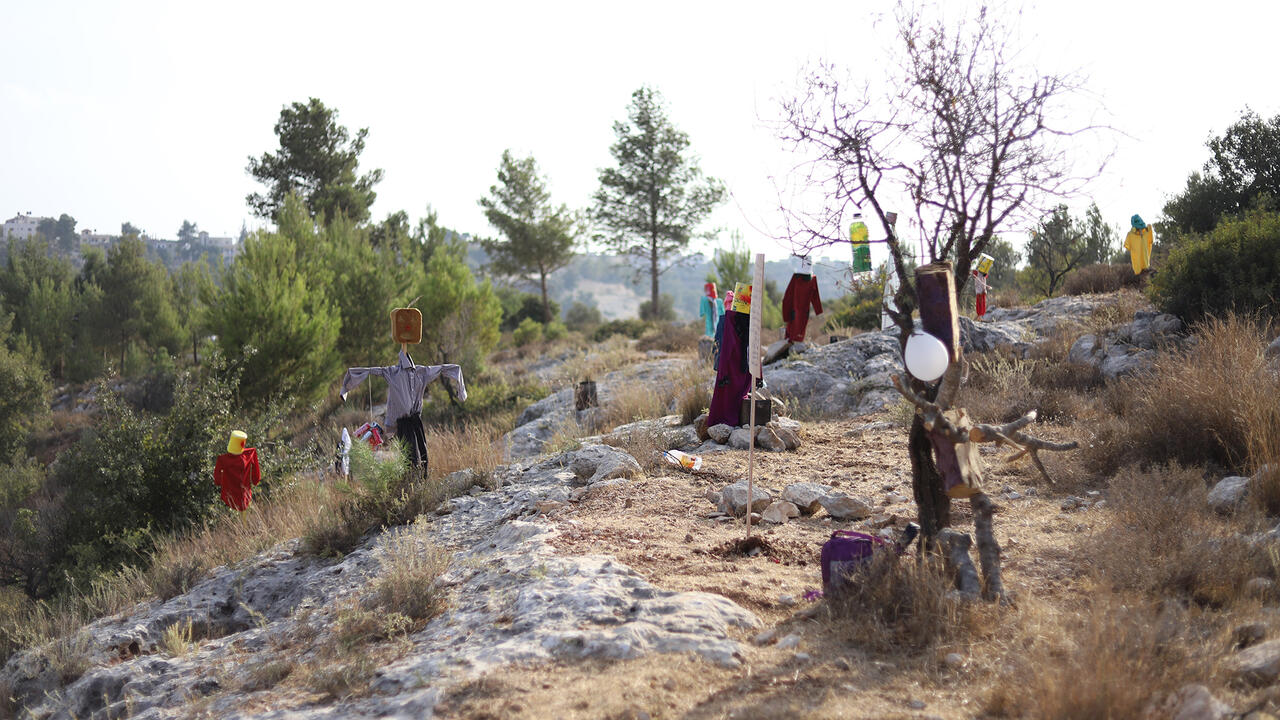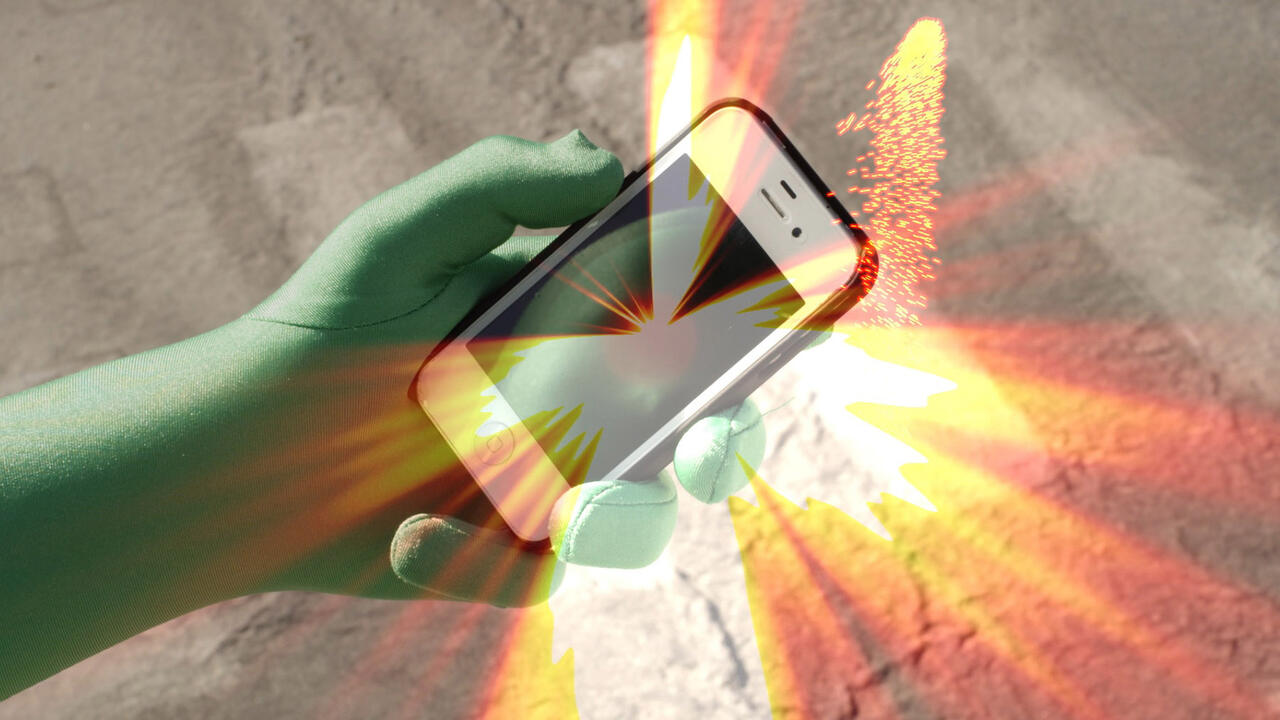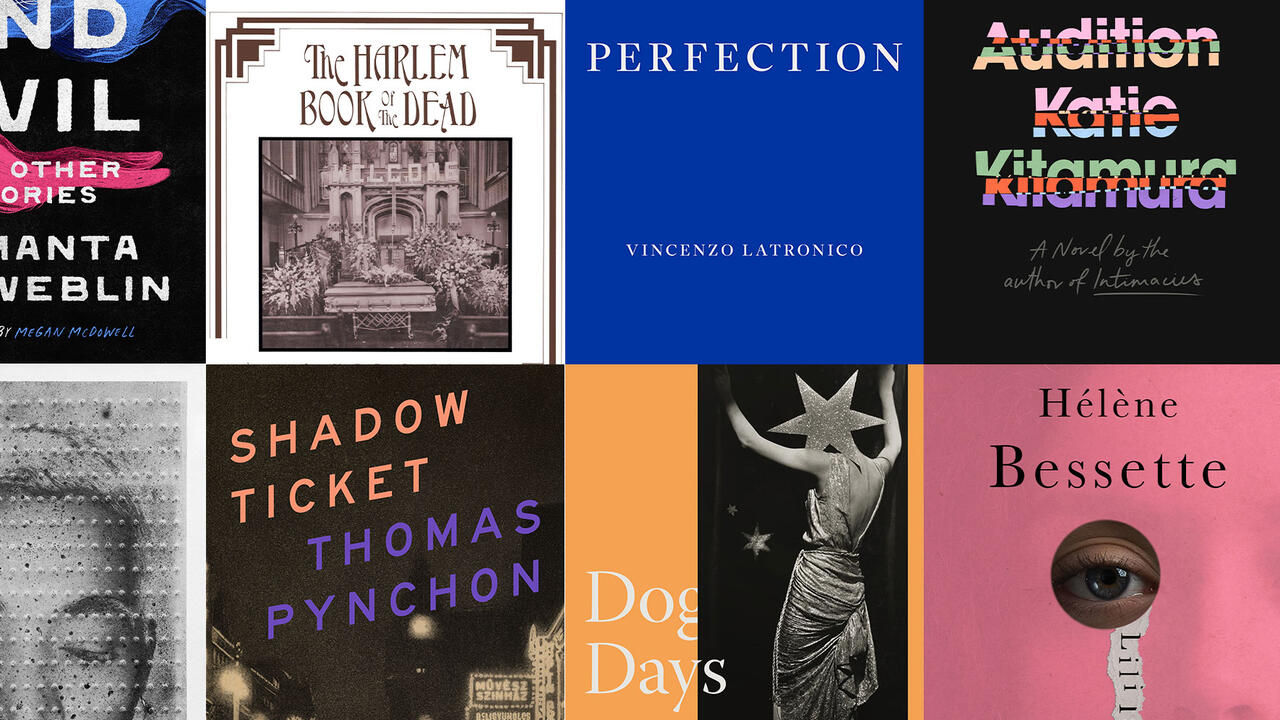In Praise of Discomfort
In times of political turmoil, art is a necessary rebuke to escapism
In times of political turmoil, art is a necessary rebuke to escapism

Recently, I met a friend for dinner. It was the second time I had seen her in as many weeks. ‘Do you happen to remember if I was wearing this coat the last time we met?’ she asked. I confessed that I couldn’t really remember and wondered why it mattered. She fished a slip of paper, the size of a business card, from her pocket and handed it to me. I looked down and read the following type-written message: ‘Dear Friend, I am black. I am sure you did not realize this when you made/laughed at/agreed with that racist remark.’ The worry on her face made sense now. I laughed to myself: ‘I love you, Adrian Piper.’
As it happens, this blistering missive was not an ingeniously placed rejoinder to some oblivious act of racism on my (white) friend’s part, but an artwork from the year 1986 that had made a cameo in Piper’s recent retrospective at the Museum of Modern Art in New York. I’d seen the show the week before and, having picked up a fistful of the cards, which were available for the taking, I had mindlessly – mischievously? – slipped one into my friend’s pocket and forgotten all about it. Like so much of Piper’s uncomfortable art, the card’s sanctimonious address had grabbed my friend by the heart and brain, rattling her sense of self along the way.
At around the same time, the US was embroiled in l’affaire Red Hen, in which Sarah Huckabee Sanders, White House press secretary (which is to say, deputy liar-in-chief), was gently asked to leave a restaurant of that name in a small Virginia town. Moral philosophers, the commentariat and politicians seized upon the incident, their opinions splitting along more or less obvious lines. Whither civility, shouted partisans of ‘love your neighbour’. Nonsense, argued those who assailed the hypocrisy of an administration for which acting uncivil is second nature. Systematic discrimination – of immigrants, Muslims, homosexuals and women – is, they say, part of its ideological DNA.
Soon, spirited heckling, this time less civil, of two other high-ranking administration members followed as they each dined in (separate) Mexican establishments – this as immigration agents were wrenching children from Latin American countries out of their parents’ arms in the name of border security. Online, hundreds of shame memes bloomed of detained children juxtaposed with Trumpites blandly eating, vacationing, golfing, smiling and, in the case of Ivanka Trump, canoodling her pampered baby-prince.
I was reminded of a stanza from W.H. Auden’s poem ‘Musée des Beaux Arts’ (1938): ‘About suffering they were never wrong / The Old Masters: how well they understood / Its human position: how it takes place / While someone else is eating or opening a window or just / walking dully along …’

‘While someone else is eating.’ What does art have to say about all of this? Set aside the masters for one minute and, historically, most art hasn’t exactly embraced the kind of discomfort Auden evokes. The Greek tragedians, as per Aristotle, argued that art’s purpose was catharsis – wherein negative feelings are magicked into positive ones. Not dissimilarly, most mainstream museum experiences today are engineered to be one form of feel-good entertainment or another, pawned off as cultural enlightenment. Piper, for her part, has called the banal and benign consensus-driven art in our midst ‘easy-listening art’. ‘Easy-listening art’ shrinks from the hard task of baldly telling the truth.’ ‘Easy listening art,’ continues Piper, ‘makes nice.’
So, what of art that doesn’t make nice? In his play Tight Right White (1993), the late avant-garde theatre director Reza Abdoh indulged in stereotypes so hurtful – and familiar – that one reviewer, writing in The Village Voice, memorably referred to it as ‘a psychological enema, shoved up the id of liberal theatre goers to expel the unhealthy imprints a racist society has deposited here.’ Some attendees couldn’t hack it, walking out of the play mid-way. (Others tried and failed: the space was arranged to discourage flight.)
The Danh Vo retrospective earlier this year at New York’s Guggenheim Museum featured a series of neatly framed letters from Henry Kissinger thanking the New York Post theatre critic Leonard Lyons for ballet and theatre tickets. These fawning, flirty letters were sent just as Kissinger was directing a secret bombing campaign in Cambodia. Life – birthdays, trips to the mall and dentist, vacations and the ballet – goes on. Kissinger’s nauseating missives, re-animated via Vo, inspire more than a little discomfort.
We live in a time of relentless mystification and mass numbing. We also live in a world in which escape is always one sweet click away. At its best, art implicates audiences – you and me included – in its viscous web. What if we embraced the discomfort that art might bring – if for nothing more than a momentary rebuke to escapism? A bout of voluntary claustrophobia might be salutary. I return to Piper, who ends her bracing note thusly: ‘I regret any discomfort my presence is causing you, just as I am sure you regret the discomfort your racism is causing me.’ Cloaked in civility, what it’s really saying is: ‘This is war.’









